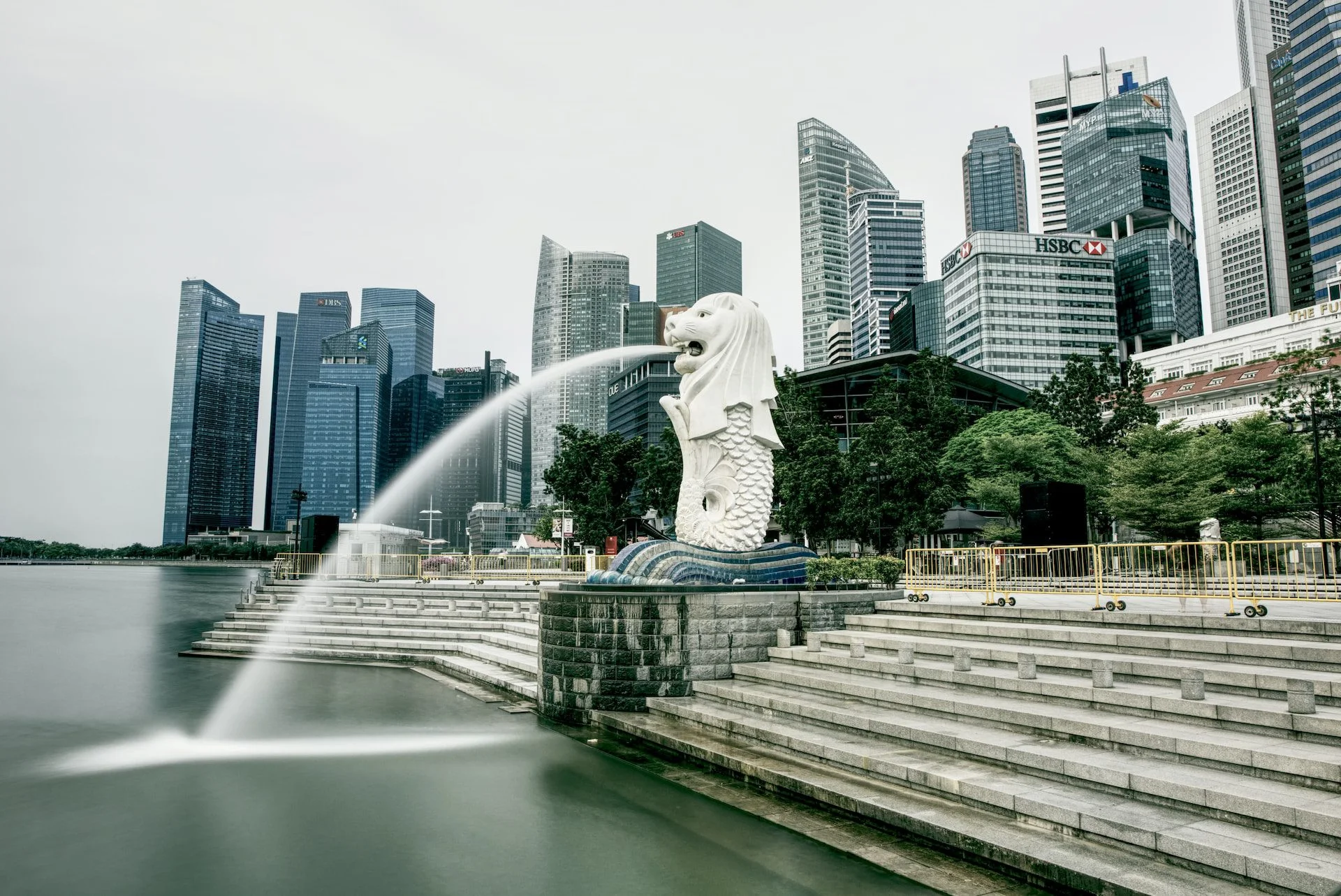On Thursday, 24 February 2022, Russia launched a full-scale invasion of Ukraine. International outcry was swift, with several nations in the Western world declaring public support for Ukraine and condemnation for Russia and its President Vladimir Putin.
How will this war impact businesses in Singapore and the ASEAN region? Here are three possible effects:
Increase in Oil and Gas Prices
As the second-largest oil exporter after Saudi Arabia, sanctions and restrictions levied at Russia’s exporting ability will undoubtedly limit the availability of oil, resulting in scarcity that will increase the price. Pump prices have risen as much as 11 cents/litre in Singapore.
A similar situation also occurs when it comes to electricity prices. Singapore is reliant on gas for electricity, and Russia holds the largest natural gas reserve globally and is the world’s largest gas exporter. As their exports stall due to sanctions, the scarcity of natural gas will ultimately lead to higher electricity bills for Singaporeans and citizens worldwide.
Higher Food Inflation
One of the main reasons for higher consumer prices in Singapore is food inflation, which has risen 2.6%. The figure is expected to rise as Singapore imports food from both Russia and Ukraine, although neither are the major suppliers. Russia is the top exporter of wheat, whereas Ukraine is the third and fourth-largest exporter of corn and wheat, respectively.
Disrupted Supply Chain
The COVID-19 pandemic has disrupted global supply chains and the distribution of goods and services, which could be further impacted by the ongoing geopolitical tensions between Russia and Ukraine. Most Western and super-economy countries have imposed sanctions on Russia due to their invasion of Ukraine.
Such sanctions limit Russia’s ability to do business and diplomacy with other countries, hurting its economy and its respective partners in the process, especially the ones who rely on their exports, leading to further inflation risk.
How should you Navigate the Uncertainty?
Stick it out
For businesses and investors, the volatility of the financial market may tempt you to pull the plug on your investment efforts. This is understandable as you want an investment with a sense of certainty in this uncertain period. But as history has proven, investments during market downturns tend to result in greater returns in the long run. As billionaire Mark Cuban said, “While there may be a lull now — just like we’ve seen in the past — people will come back to the markets.”
Turn to safe havens
Safe haven refers to a type of investment that retains or increases in value during turbulent times in the financial market. One such asset class is gold, whose value tends to rise in market downturns, such as when the pandemic started. Investing in safe havens ensures that your wealth is protected and doesn’t diminish over time, retaining your buying power in the years ahead.
While it’s true that the invasion is just starting, we all sincerely hope that this conflict can be resolved quickly to minimise the cost to human life. And hopefully, the global economy and business operations can return to normal as soon as possible.

